Latest News
Top Story
 Kavango begins construction of gold plant
Kavango begins construction of gold plant British miner Kavango Resources Plc has commenced construction of a 50-tonne-per-day (tpd) Carbon in Pulp (CIP) gold pr...
Top Story
 Great news for interest rates in South Africa
Great news for interest rates in South Africa Following a surprise drop in inflation in August, some economists believe South Africa could see two more cuts to intere...
Top Story
 India dumps US Treasury bills
India dumps US Treasury bills India has reduced its holdings of US Treasury bills over the past year, reflecting a more cautious approach in its centr...
Top Story
 ZSE and VFEX recover after weak 1st half
ZSE and VFEX recover after weak 1st half Zimbabwe's equity markets had a subdued first half of 2025, with the Zimbabwe Stock Exchange (ZSE) shedding 3% in real ...
Top Story
 Gold edges up as traders await guidance
Gold edges up as traders await guidance Gold edged higher as traders weighed the outlook for US monetary policy ahead of a key speech by Federal Reserve Chair J...
Top Story
 Hwange Power Station's older units to undergo major rehab
Hwange Power Station's older units to undergo major rehab Hwange Thermal Power Station is set for a significant upgrade, with Cabinet approving the contracting of Jindal (Private...
Top Story
 Young Investment Professional (YIP) Graduate Programme 2019
Young Investment Professional (YIP) Graduate Programme 2019 Company Name Investec Asset Management Company Location Cape Town, Western Cape, South Africa Click HEREJob descriptionO...
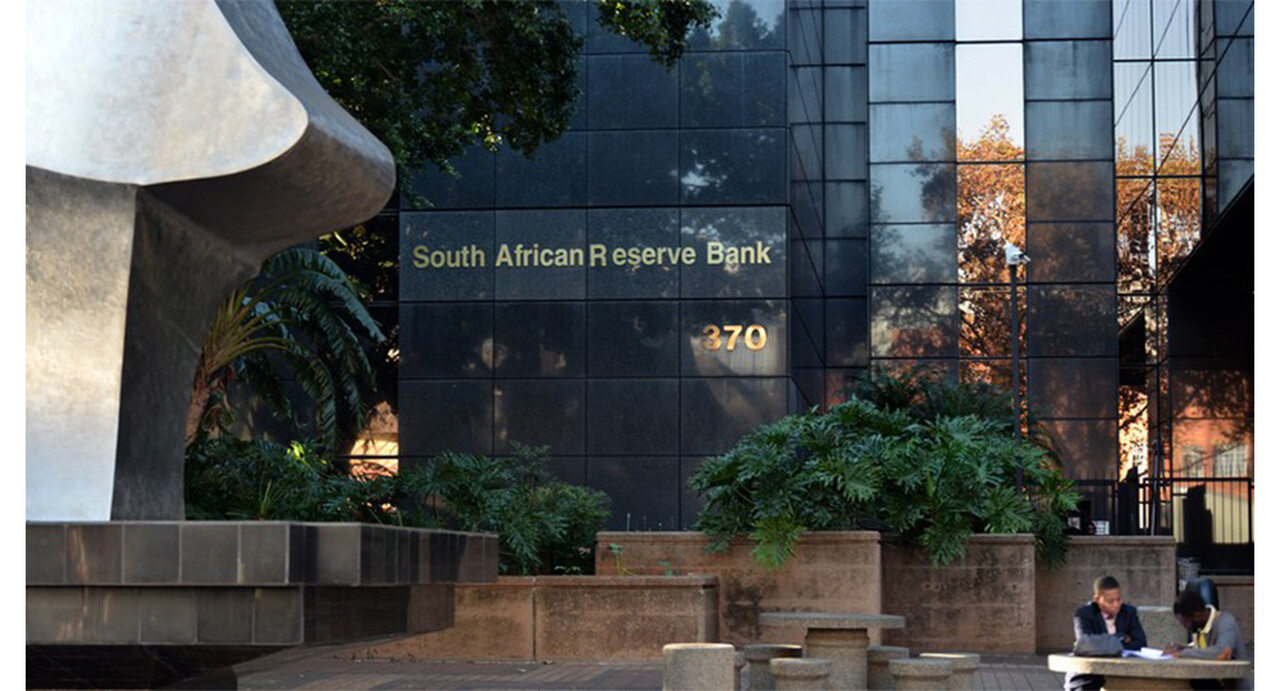
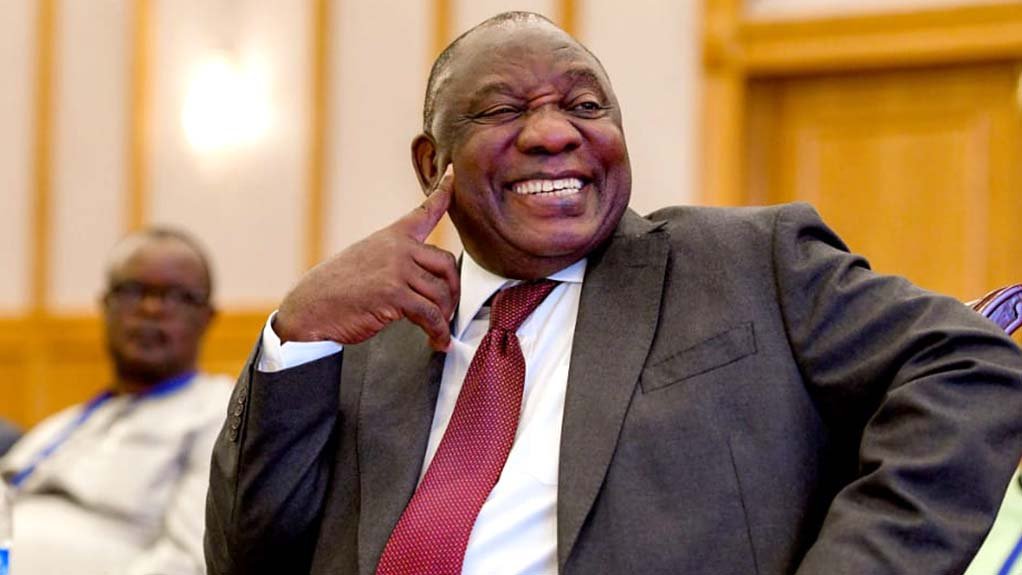
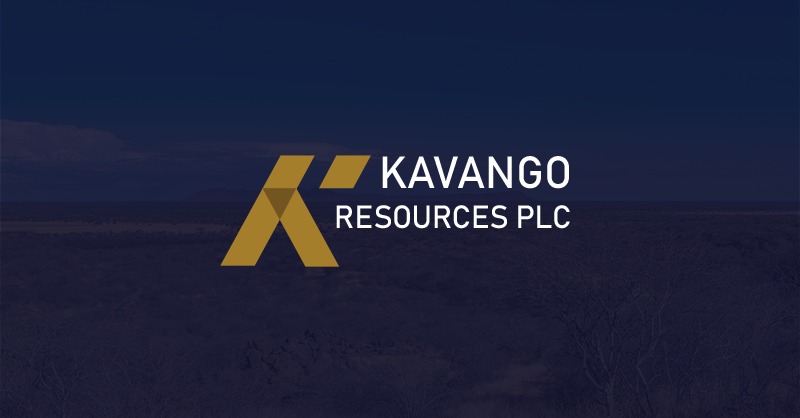
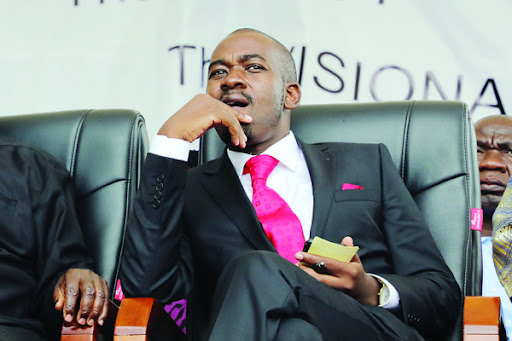
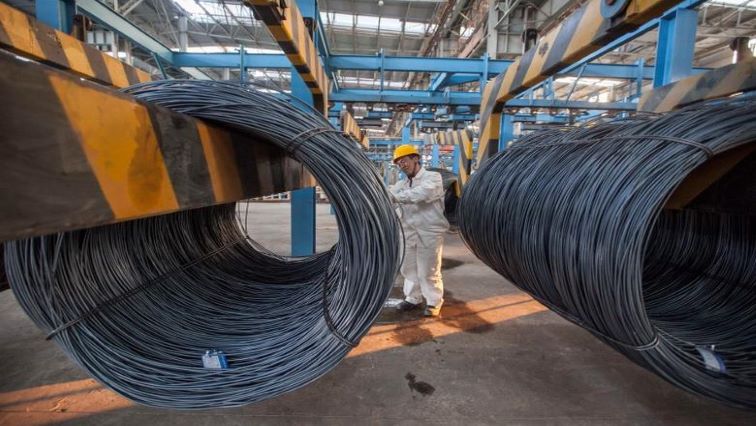
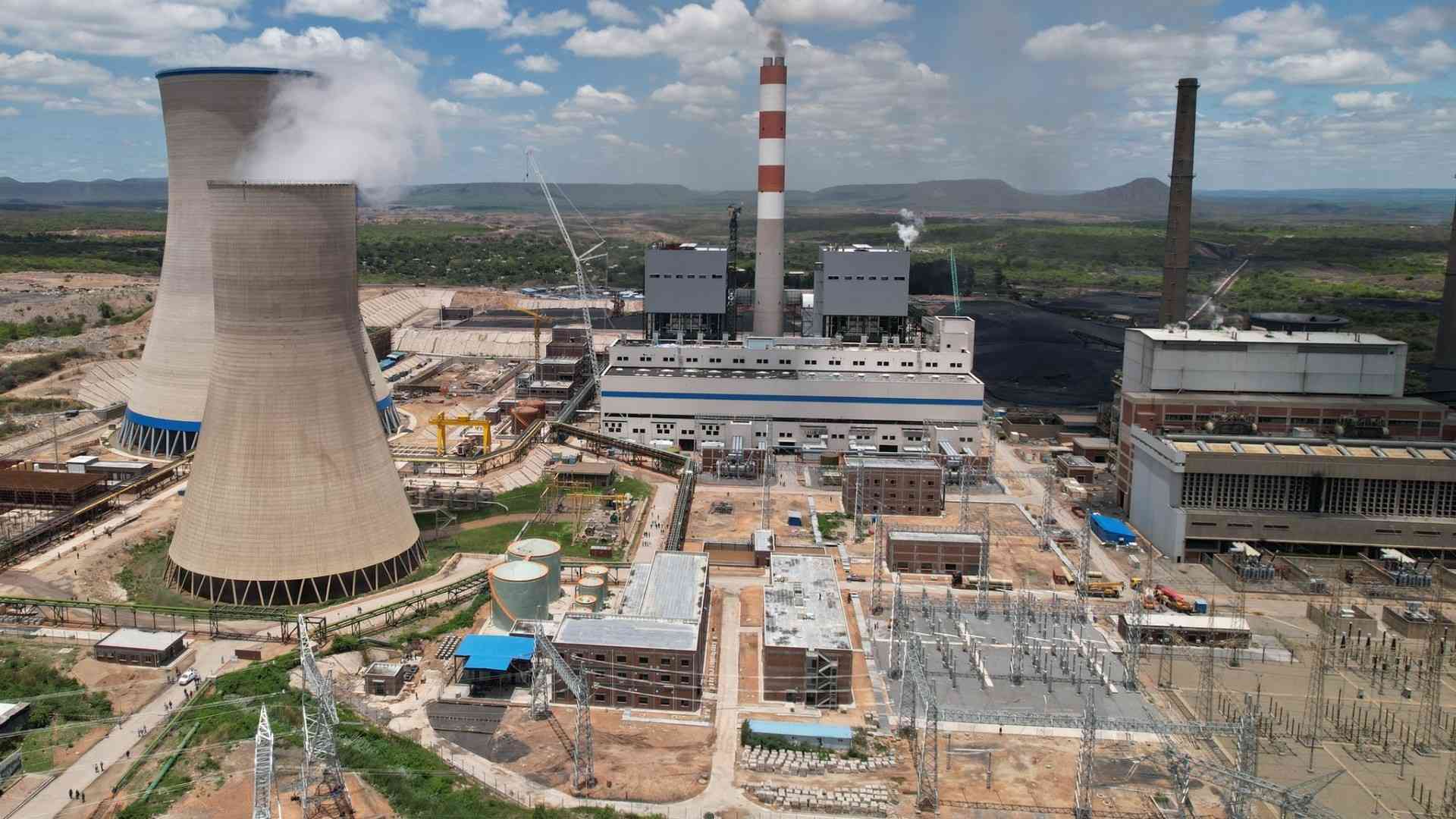
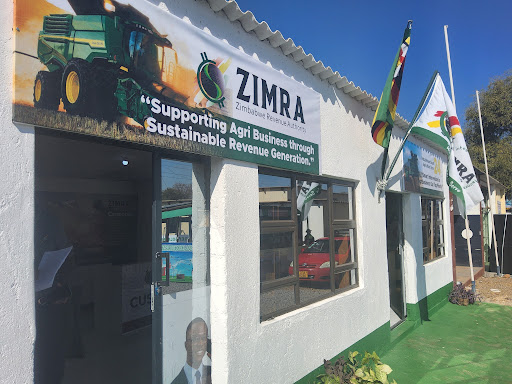
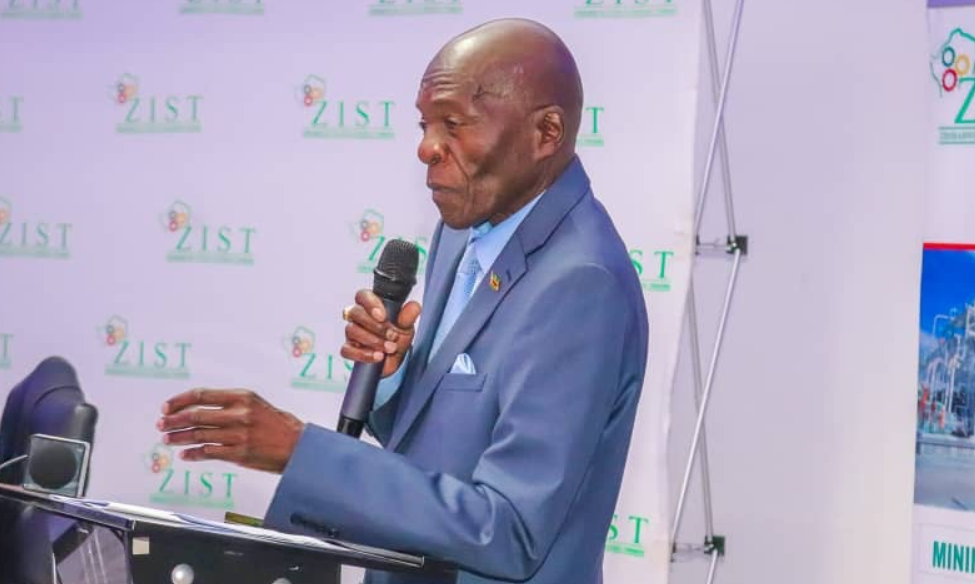



 Young Investment Professional (YIP) Graduate Programme 2019
Young Investment Professional (YIP) Graduate Programme 2019
Editor's Pick